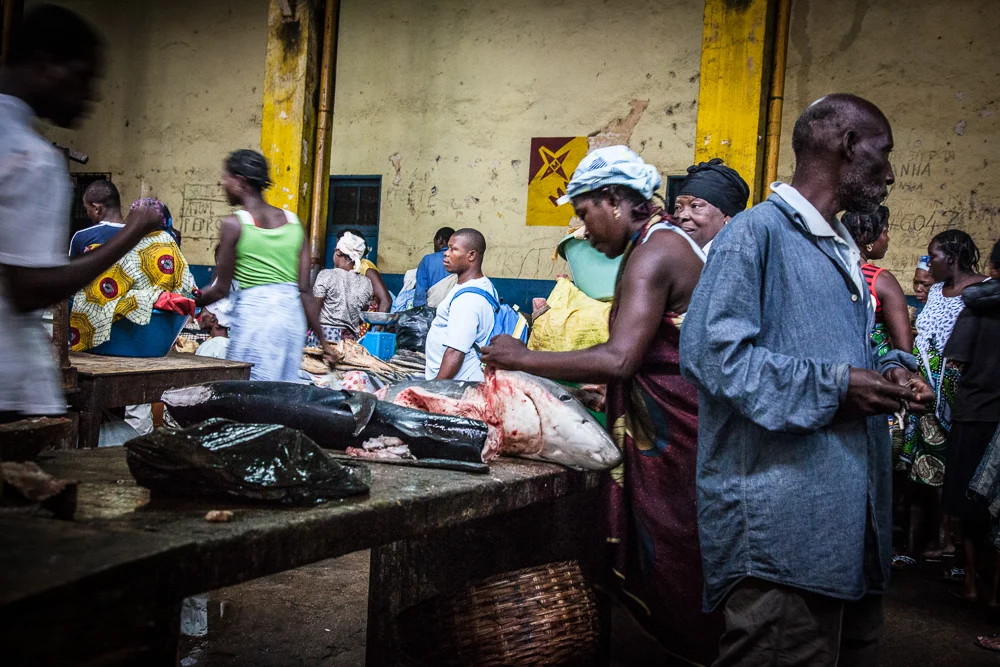The international law of the sea underwent a profound upheaval in the last quarter of the 20th century. The possibility of establishing Exclusive Economic Zones (EEZs) has enabled coastal States to exercise sovereign rights for the exploitation of fisheries resources occurring in a wide area of their coastal waters. For African States, the wealth of their coastal waters should theoretically have enabled them to bring significant benefits to their populations. Small-scale fishing is an essential source of employment in coastal areas, both for the fishermen themselves and for those employed in the processing and marketing of catches, especially women. Consequently, African countries should have been able to improve food security for the people of the continent.
This is not the case. With the exception of small-scale coastal fishing, which primarily exploits the territorial sea, the resources of the EEZ are often exploited by vessels flying the flags of third countries, mostly from other continents (Europe, East Asia, Russia), and catches are often exported directly to these countries. As for industrial or semi-industrial fishing vessels registered in an African coastal State and operating in the EEZ, these are often owned by “joint enterprises” which are companies registered in the concerned coastal State but are in fact controlled by foreign shipowners.
How is such a situation possible? Why no African State has a fishing sector sufficiently developed to prevent their Government from allowing foreign vessels to come and fish in its EEZ? Why African States have not used to better advantage the existence of these EEZs where they exercise sovereign rights?
The objective of this policy brief by Michel Morin [1] is to analyse the paradox between, on the one hand, the sovereign rights that African coastal States have over the fishing resources in their EEZs in accordance with the United Nations Convention on the Law of the Sea and, on the other hand, the low benefit that they derive from them for their populations, particularly for food security and employment. After having described the general framework for the exploitation of these resources as defined by this convention as well as the modalities according to which foreign distant water fishing vessels come to fish in the waters of these coastal States, this article shows that there is a structural weakness of these States in the market of fishing rights which is explained in particular by the phenomena of corruption and lack of transparency and it concludes by the need for a change of governance in the management of African fisheries.
Michel Morin
has a PhD in Law and is consultant - Associate Researcher at the Centre de droit maritime et océanique (CDMO), in Nantes, France.
[1] Banner photo: Artisanal fishing boats in Gunjur, The Gambia. Mamadou Aliou Diallo/REJOPRA.





Women issues are largely overlooked when negotiating a fishing agreement, which reflects the general lack of awareness and data on their actual contribution to the whole fish value chain. These are some recommendations to make these EU-Africa partnerships more gender inclusive.